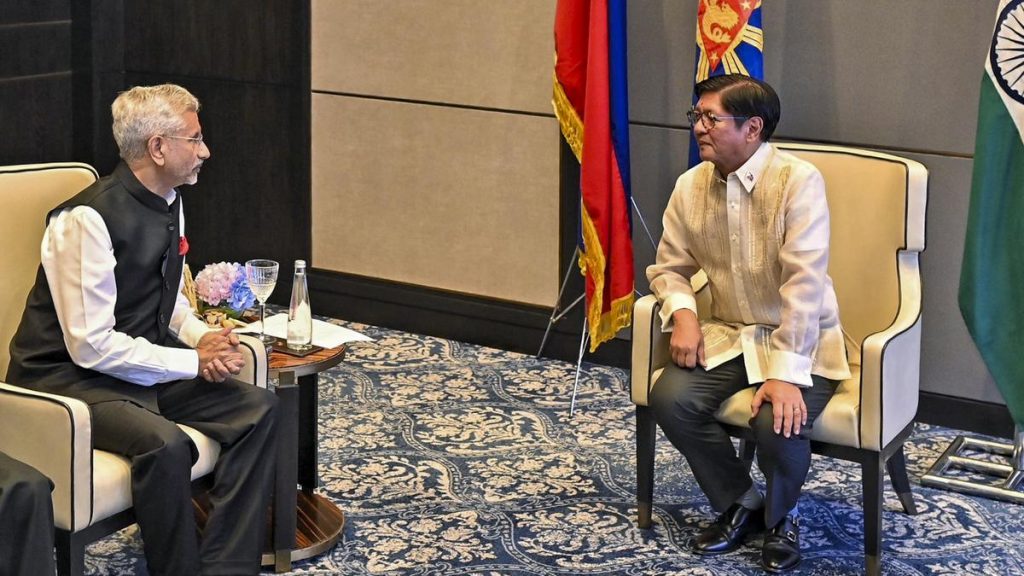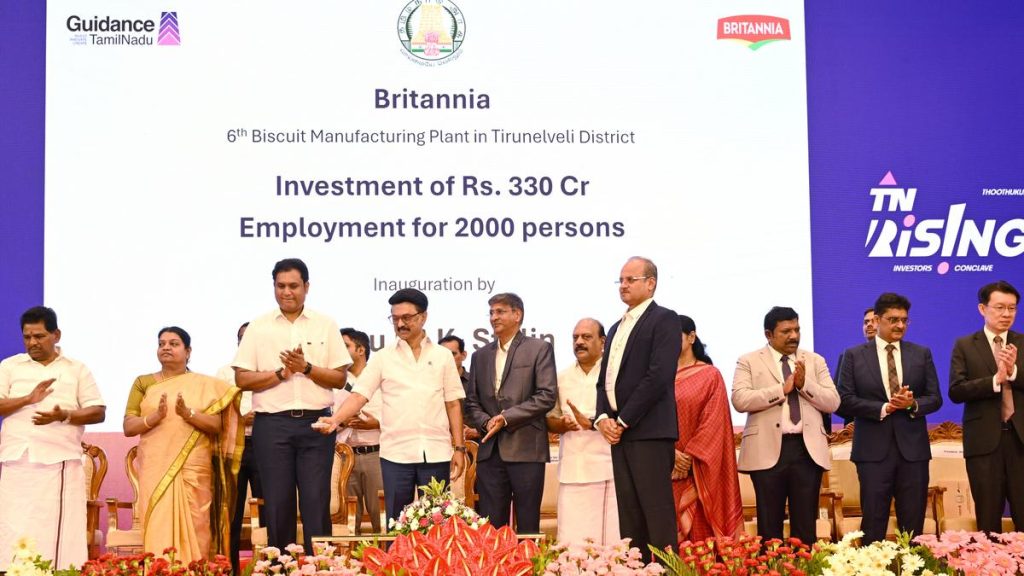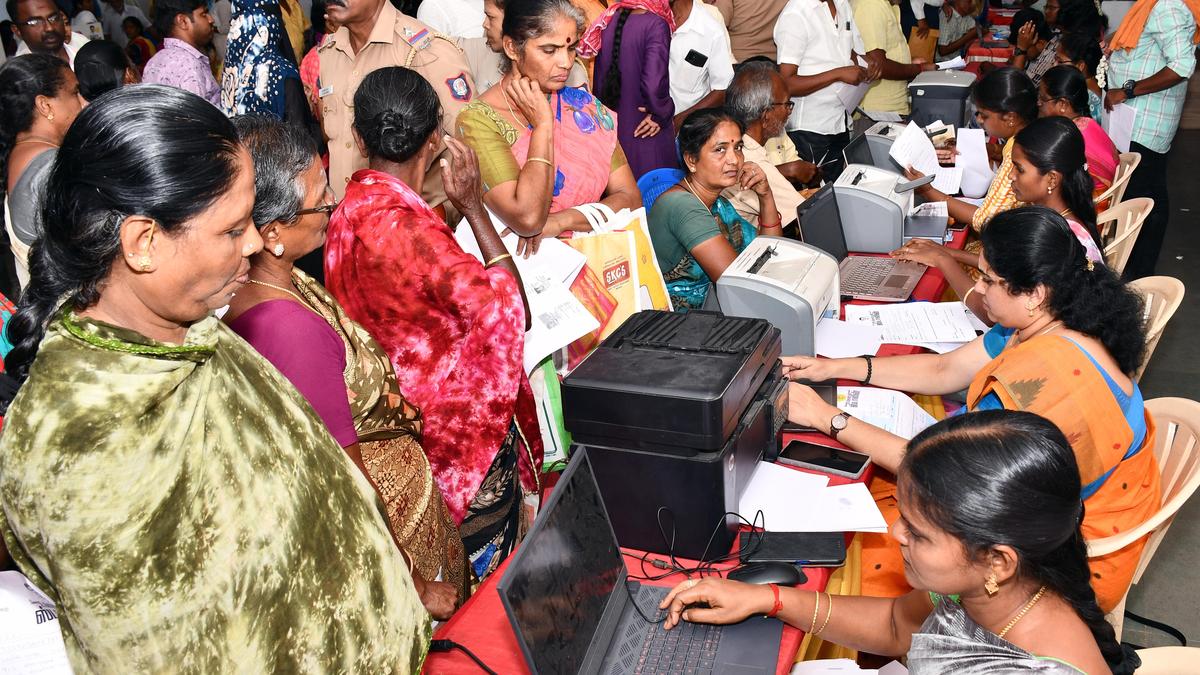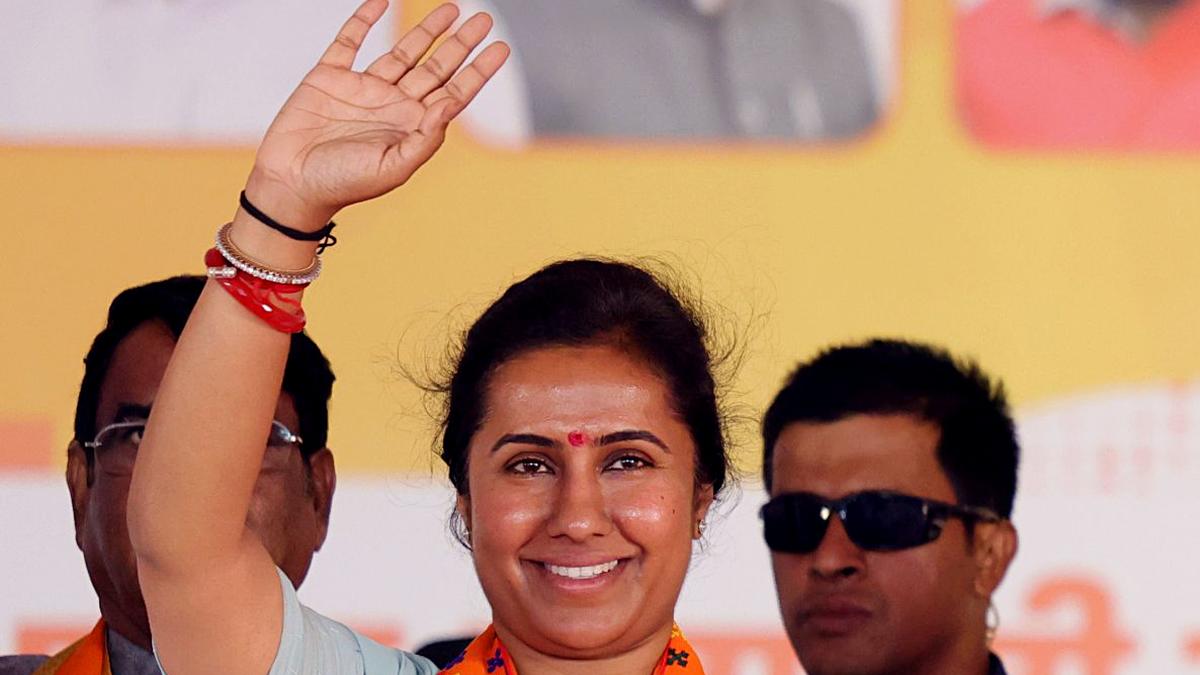Now Reading: Nagmohan Das Panel Proposes Internal Reservation for SCs in Karnataka
-
01
Nagmohan Das Panel Proposes Internal Reservation for SCs in Karnataka
Nagmohan Das Panel Proposes Internal Reservation for SCs in Karnataka
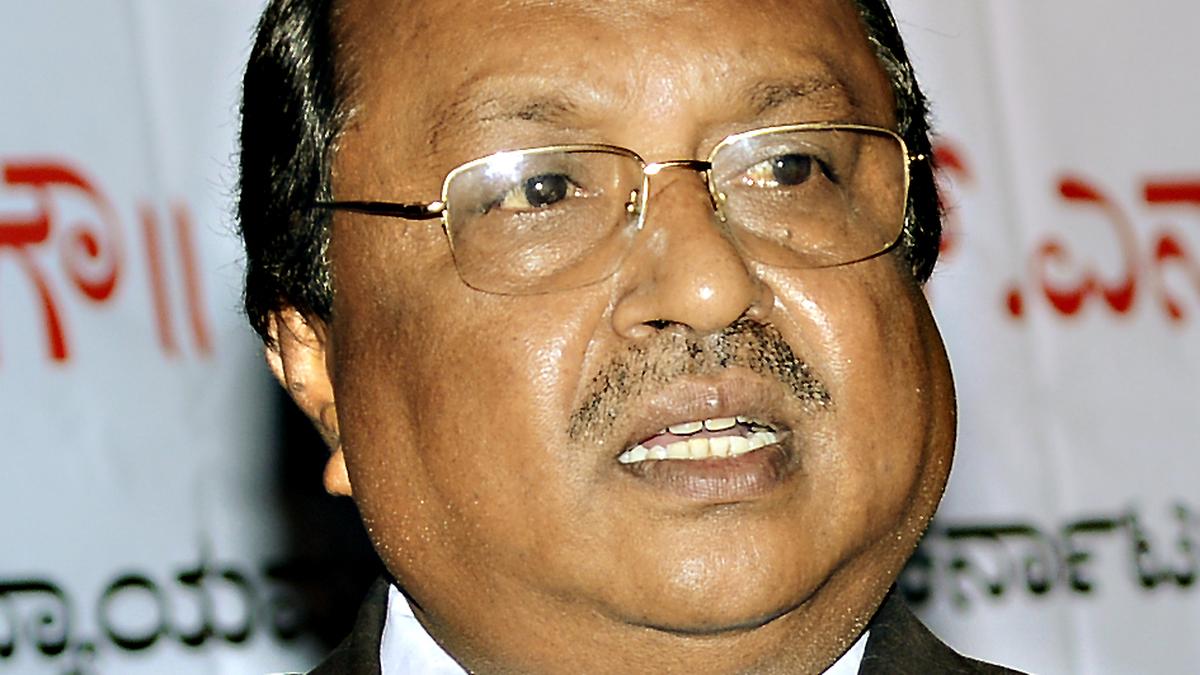
Speedy Summary
- A one-man commission led by retired High Court judge H.N. Nagamohan Das submitted a 1,766-page report with six recommendations to the Karnataka government on internal reservation among 101 Scheduled Castes (SCs).
- the recommendations aim to divide the existing 17% SC reservation in public education and employment based on social and educational backwardness,as well as representation in public employment.
- The commission conducted a statewide house-to-house survey from May to July 2025,covering around 93% of Karnataka’s projected SC population of 1.16 crore, identifying individuals from over 27 lakh families.
- Dalit left groups have long demanded internal quotas, accusing Dalit right groups of monopolizing reservation benefits. Many smaller sub-castes within SCs lack representation in public employment, education access, and political opportunities while facing continued social discrimination.
- On August 4, Chief Minister Siddaramaiah received the report alongside other cabinet ministers. Reports suggest it may be discussed in the next Cabinet meeting or placed before the State Legislature during its monsoon session starting August 11.
- Recruitment processes for state jobs are currently on hold pending these recommendations; job aspirants have expressed concerns over delays.
- The Supreme Court upheld states’ constitutional validity under Article 14 to sub-categorize Scheduled Castes for quota benefits.
Indian Opinion Analysis
The submission of Justice Nagamohan Das’s detailed report marks a significant step forward in addressing long-standing demands for equitable distribution of reservations within Karnataka’s Scheduled Caste community. By collecting extensive primary data through surveys covering most families statewide (except limited areas like BBMP jurisdiction), the commission provides an empirical basis for policy adjustments aimed at inclusivity.
Though, its implementation may encounter several challenges: balancing competing interests among Dalit groups under SC categorization could lead to intensified protests if not managed transparently and equitably. Political actors must exercise caution while navigating sensitive caste dynamics without alienating stakeholders or exacerbating social tensions.
The delayed recruitment process linked to this issue highlights an unintended but tangible impact that will need resolution swiftly-to ensure fairness both for those awaiting policy outcomes and job aspirants affected by uncertainties.Further legislative discussion during Karnataka’s monsoon session could provide clarity on whether these recommendations are accepted partially or wholly-a development likely monitored closely nationwide amid broader debates about sub-categorization policies backed by constitutional provisions as reaffirmed by India’s judiciary.
Read More: The Hindu


